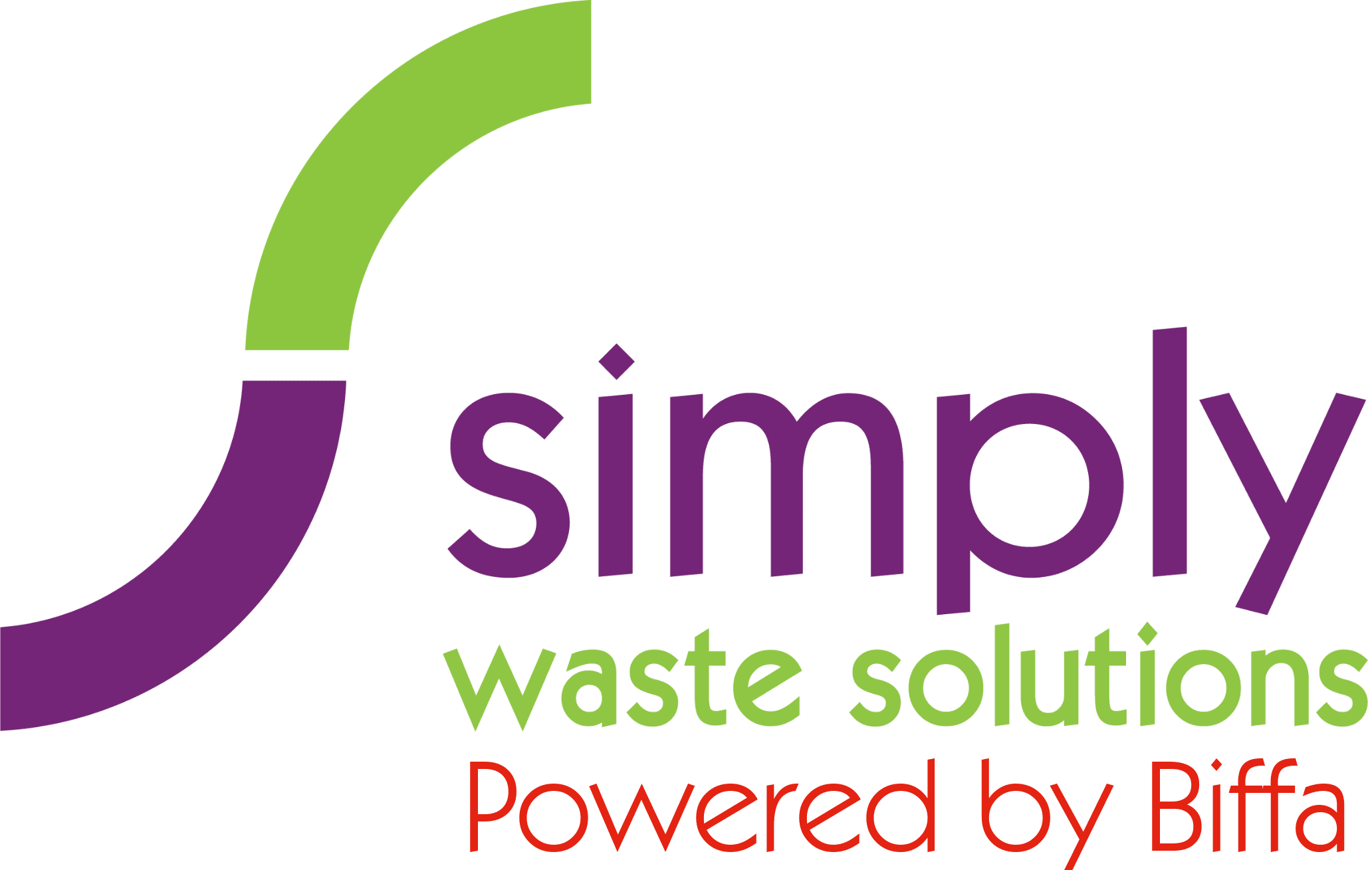The news has been full of reports about how single-use products and plastics are polluting the environment and damaging wildlife.
Conventional plastic is a fossil-based plastic made from a range of polymers derived from petrochemicals. Bio-based plastic is made from plant-based sources and these bio-based polymers can be used to make plastic packaging that behaves like conventional plastic and as such, long-lived and durable.
The composition of material used to make, or the term used to describe a plastic does not mean that’s the way it will behave at the end of its life e.g. the use of the word bio doesn’t mean that it’s biodegradable.
The Waste and Resources Action Programme (WRAP) defines that all plastics, bio-based or fossil-based can be designed to behave in three ways:
Non-biodegradable
Durable and lasts for years. It’s strong and can be used in low weight applications.
Biodegradable
Breaks down in a non-specific period of time. It can be made with similar strength, plasticity and elasticity properties of non-biodegradable plastics. The fact that plastic is described as biodegradable does not mean that it should be freely released into the environment in an uncontrolled manner. The speed, method and nature of biodegradation differs between materials and users should question the behaviour of biodegradable materials before using them in any application.
Compostable
Must meet specific international standards for compostable packaging so that the material decomposes/biodegrades in industrial composting conditions. Materials that meet an appropriate home composting standard can be composted in home composting systems. It can have similar strength, plasticity and elasticity properties to nonbiodegradable plastics.
WRAP explains that it is essential to understand the language used to describe plastics to ensure that the right materials are used in the right applications, enabling all plastics to be recycled in the right way to prevent pollution of the environment.
So, how suitable are each of these plastics for recycling?
To summarise this, most plastics described as biodegradable or compostable must be collected separately from any other waste stream and sent to a purpose-designed facility where they can be broken down successfully, it does not mean that it will break down if simply discarded under a hedge or by the side of the road.
Using plastic bottles as an example, an article on PackagingNews tell us that there is good collection and recycling infrastructure for non-biodegradable PET bottles, such as soft drink bottles, but if these bottles were made from biodegradable plastic, they would need specialist, collection, processing and treatment. This would mean that a lot of education around this material for people to understand would be needed to ensure that it’s separated correctly.
If you’re looking for an alternative to single-use conventional plastic packaging, just remember to check your local collection facilities and infrastructure to make sure that the waste will be processed in the correct manner. If you would like to speak to a waste expert for advice on what your business could be doing or how we can help it become a greener enterprise, contact us on any of the methods below.
Want to get in touch? You can contact us by;
Sending us a message via live chat,
Calling the office on 03330 433 033
Sending us an email to sales@simplywastesolutions.co.uk
If you’re not ready to speak to someone just yet, check out our FAQ page.

 Sales 03308 285 687
Sales 03308 285 687 